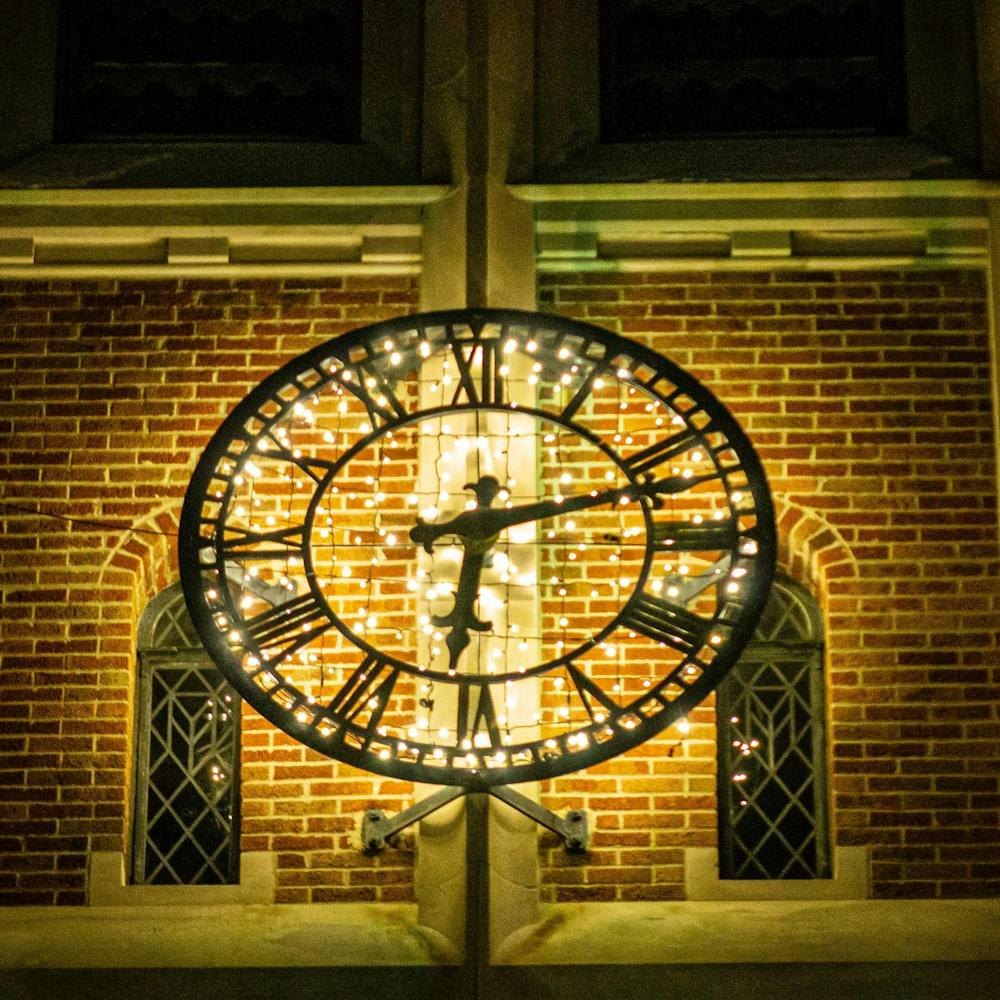By Eric Stern
McClatchy Newspapers
Sacramento, Calif. — College students who illegally download music and movies have been sued.
They've had Internet access shut off or threatened, and they've been warned to never do it again.
But the threat of a letter in a permanent file doesn't hold as much sway as it used to. Complaints of copyright violations remain steady at campuses across California — even going up in some cases.
"As far as illegal goes, it's not really a concern for most people — it's like buckling up or not buckling up," said Meghan Moyle, 20, a University of California, Davis student from Reno.
The culture of downloading music without paying for it is so pervasive that two-thirds of college students say they don't care if the music is copyrighted, according to a 2006 study by the University of Richmond law school.
The study concludes that the "confrontational approach" is not working.
Moyle said she has paid for about 60 percent of the music on her iPod. The rest of the tunes came from friends.
"You don't know who got it first," added Rex Pham, 21, a University of California, Davis student from San Jose, Calif., who estimates 70 percent of his music was passed along by friends or online forums.
Super-fast Internet connections in the freshman dorms at Davis made it even easier to share music, Pham said. "It takes a second to send a song. It takes three minutes to get a whole album."
Amanda Morgan, 20, a University of California, Davis student from Sacramento, recalled how dorm residents swapped music by setting up file-sharing programs on internal dorm networks dubbed "ourTunes," a play off Apple Inc.'s iTunes.
"It's very easy to stay under the radar," she said.
Hundreds of the students ate lunch one recent afternoon around the Memorial Union at University of California, Davis — a good half of them wearing the ubiquitous, cord-dangling iPod earbuds.
For now, the kids may have a leg up on the adults. But the media industry takes copyrights seriously.
Record companies, movie studios and video game companies routinely scan the Internet for their stolen wares and send complaints of alleged copyright violations to universities.
Federal law requires universities to cut off Internet access of students who get caught for repeatedly downloading and passing along copyrighted material.
University of California campuses received more than 1,500 notices last year. California State University, with fewer students living in dorms, draws at least 700 violation notices a year.
The University of California, Davis fielded 310 complaints in the 2005-06 school year and is on pace for more than 400 this year.
"We're on track to shatter the record," said Jan Carmikle, an attorney and former programmer who oversees copyright issues for the university.
University and industry officials said the number of copyright violations could reflect more aggressive monitoring. However, no one thinks illegal downloading is dropping off.
"This isn't a situation that's going to change overnight," said Rich Taylor, a spokesman for the Motion Picture Association of America.
He said there's still a "naive sense of invincibility that you can't be caught," but "the good news is that we see a very low rate of recidivism when folks are caught the first time."
Distributed by McClatchy-Tribune Information Services.






